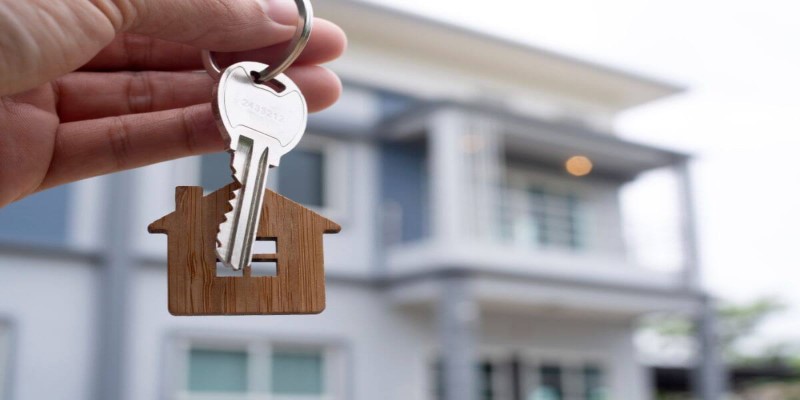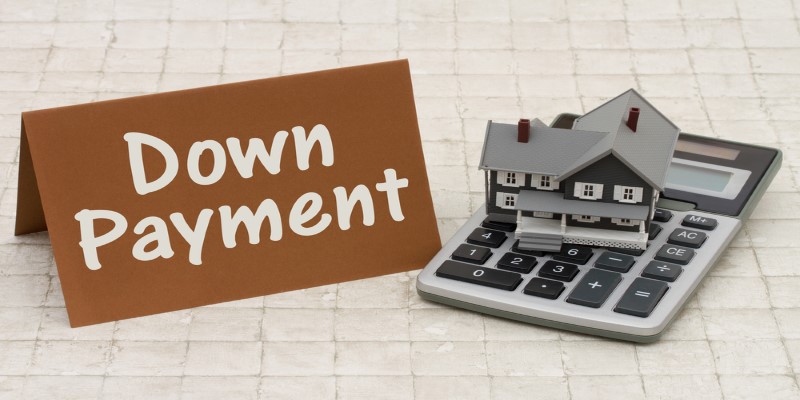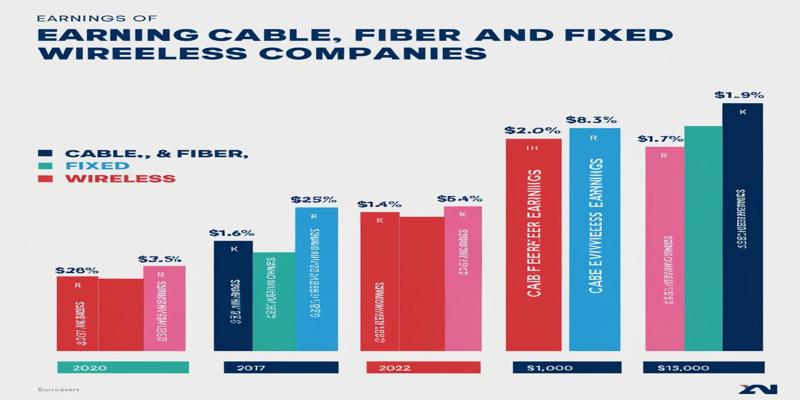Purchasing a home is one of the most important financial choices you'll ever make. Its not just about finding the perfect place to liveit's about ensuring you're financially ready to handle the expenses that come with homeownership. This process can be overwhelming if you don't take the right steps to prepare.

Financial readiness involves much more than just having a stable income; it requires planning, saving, and understanding your financial health. In this article, we will explore how to financially prepare for buying a house in a clear, straightforward way, focusing on the key steps you need to take before making that life-changing purchase.
Before you even start to begin thinking about buying a home, you have to gauge your financial health at its current level. It goes from assessing income and your expenses all the way to how much savings you have. It actually starts with checking your credit score, as it is essential to achieve favorable terms for your mortgage if you have a good score. Generally, lenders prefer borrowers with a score above 620, although the higher the score, the better interest rates you may qualify for. If your credit score is lower than you'd like, then perhaps take some steps to improve it before applying for a mortgage.
Next, examine your debt-to-income ratio. Lenders use this ratio to determine how much of your income is already committed to existing debts. Ideally, you want to keep your DTI below 43%, as this shows lenders that you have enough income to handle a mortgage. If your DTI is too high, work on paying down some debt before you start house hunting.
Knowing where you stand financially is a premise that has a direct impact on what you can afford in your house and which mortgage you qualify for. This is not something you should rush through, as these decisions will form the base of all subsequent preparations.

The largest financial barrier to purchasing a home is saving for that down payment. While you are encouraged to save 20% of the home's price, it does not have to be so. Depending on the type of loan you opt for, you might be able to put down as little as 3% or 5%. However, putting down a larger amount can lower your monthly mortgage payments and reduce the overall amount of interest youll pay over the life of the loan.
In addition to the down payment, youll need to budget for other costs that come with purchasing a home. These can include closing costs, home inspections, and moving expenses. Closing costs generally range from 2% to 5% of the homes price, so it's important to factor this into your savings plan. Inspecting the home and appraisal usually contribute to the process. Generally, they are not pretty pricey, but the dollars can add up when getting into a larger home.
Start by creating a dedicated savings account for these expenses. Regular contributions to this account can help ensure that you're financially ready when the time comes to make an offer on the house. By saving consistently, you'll build a buffer to cover unexpected costs that may arise during the home-buying process.
When it comes to buying a house, understanding the mortgage options available to you is essential. There are various types of loans, each with its pros and cons. The most common types include conventional loans, FHA loans, VA loans, and USDA loans. Each loan type has different requirements regarding credit scores, down payments, and eligibility.
FHA loans are intended for first-time homebuyers and individuals with less-than-ideal credit. These loans usually require a down payment of only 3.5%, but they also involve extra costs, such as mortgage insurance premiums. On the other hand, VA loans are available to military veterans and active-duty service members and often require no down payment or private mortgage insurance (PMI). USDA loans are available to buyers in rural areas and can also offer no down payment, but eligibility requirements are strict.
It's important to research these options thoroughly and consult with mortgage lenders to determine which loan type suits your financial situation and long-term goals best. They will help you understand the terms, interest rates, and fees associated with each loan so you can make an informed decision. Don't hesitate to ask questions and seek clarification, as this decision will impact your finances for years to come.

Buying a house is just the beginning. Once youve purchased your home, youll need to manage the ongoing costs associated with homeownership. A mortgage is only one part of the equation. There are other expenses to consider, such as property taxes, homeowners insurance, utilities, and maintenance costs.
Its essential to create a realistic budget that reflects these ongoing costs. Start by determining how much youre comfortable spending on a monthly mortgage payment. Your mortgage shouldnt exceed 28% to 30% of your gross monthly income. Then, factor in property taxes and homeowners insurance, which can vary depending on your location and the value of the home.
In addition to these fixed costs, its important to account for maintenance and unexpected repairs. The general rule of thumb is to budget 1% of your homes purchase price annually for maintenance. While some months may pass without major expenses, others may require costly repairs, so its good to be prepared for both small and large expenses. A well-planned budget will help ensure you dont face financial strain after buying a home.
Financially preparing for buying a house is a process that requires time, planning, and discipline. Its not something that can be rushed if you want to ensure youre ready for homeownership. From assessing your financial health to saving for a down payment, exploring mortgage options, and creating a budget for the ongoing costs of homeownership, every step plays a crucial role in ensuring youre fully prepared for this significant investment.

By Eleanor/Nov 06, 2024

By Amelia Martin/Oct 21, 2024

By Georgia Vincent/Nov 10, 2024

By Alice Ellis/Apr 30, 2024

By Frederica/Feb 12, 2025

By Frederica/Dec 09, 2024

By Noah Jones/Oct 21, 2024

By Peter Evans/Mar 08, 2024

By Pamela Andrew/Oct 20, 2024

By Eleanor/Jan 06, 2025

By Eleanor/Feb 21, 2024

By Frederica/Oct 17, 2024